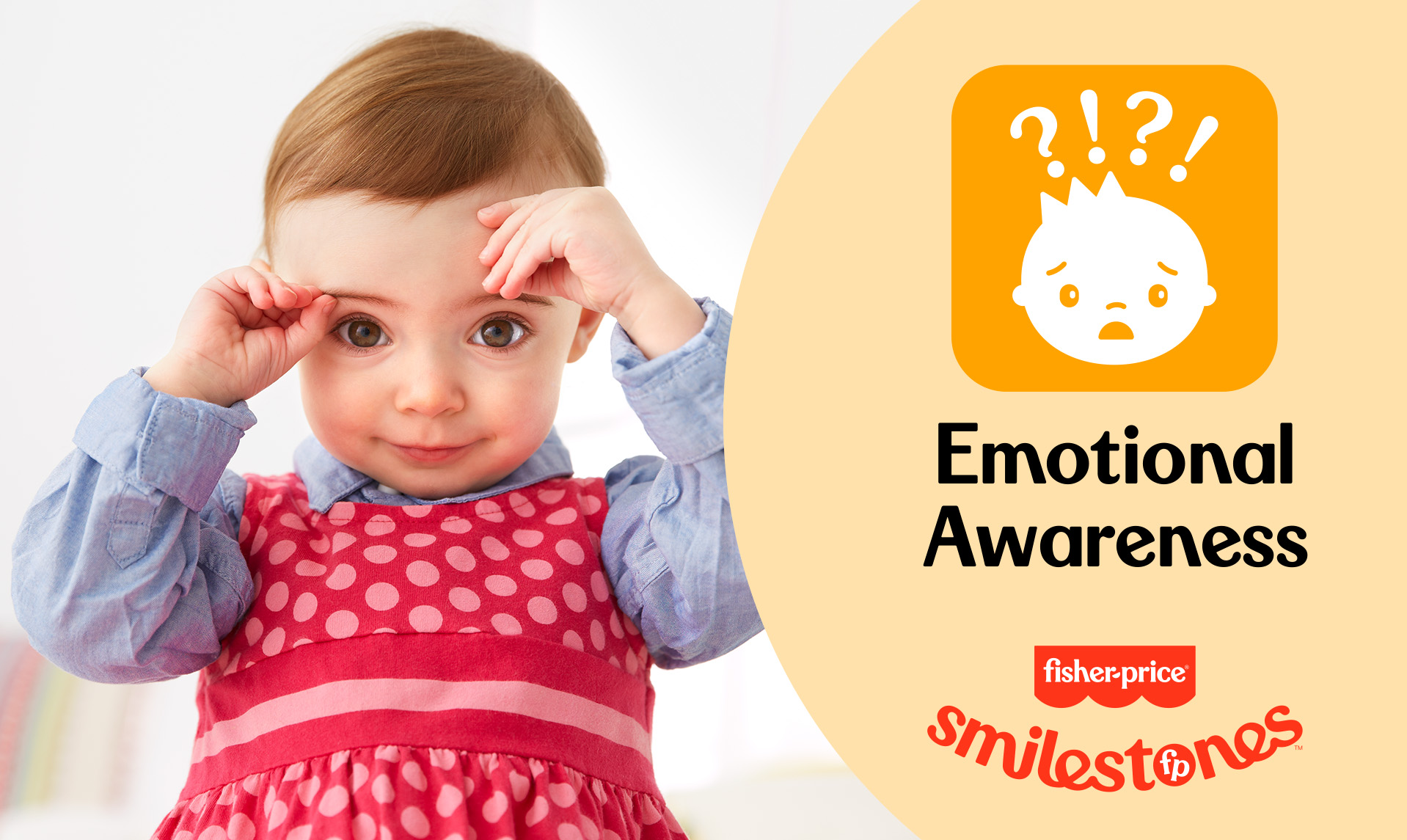How to Help Your Little Ones Manage Their BIG Emotions
May 30, 2023
No time to read? No problem.
- Label your own emotions & think out loud in everyday life! Seeing it in action teaches children how to label their own emotions, and what processing big feelings can look like.
- Use the phrase “I hear you” during challenging moments, it comforts & assures them they are indeed being heard!
- When in doubt? Count it out! (Think soft & rhythmic, low monotone voice.) This low mental load tool can help regulate emotions for you and your child during challenging moments.
- Ask them for advice in a low-stakes grownup situation, being an expert can be empowering for them!


If you’re reading this, welcome. You’re in the right place, and we can get through this together. (Take a deep breath)!
Your little one is having some big emotions, and maybe even some tantrums. It feels like navigating this side of parenting can be so tough and at times, so lonely! I’m in the thick of it too, and when I need to re-set or clear my own head, what I really need are some practical & easy parenting tools to use that I can remember quickly when I’m parenting through those tough tantrum moments.
These are my tried & true, go-to-tips – and I’m hoping you can make them yours too!


These are my tried & true, go-to-tips – and I’m hoping you can make them yours too!

How to handle a tantrum: let’s break it down
In the moment, managing a tantrum can feel so overwhelming. These easy-to-remember tips have saved my sanity on more than one occasion, in Mom-life & when I’m working with children in our Fisher-Price Play Lab.

1. "I hear you."
When you say these 3 words, it is so validating for children. They often just want to be heard, especially in the heat of the moment! This reminder helps them to immediately realize that they are in fact, being heard. Sometimes, just knowing it helps to calm & soothe them.

2. Deep breaths
This is often a practical skill I pull out of my hat, for my daughter AND me. When I start taking deep breaths, I remind myself out loud that taking deep breaths helps me to calm down. I breathe in, and out again slowly. It took a few times for her to catch on, but now she does it with me. This helps get her out of fight or flight mode and puts us both in the best head space to recover & re-connect.

3. Offer a hug or snuggle, whatever comforts them the most!
Children are such sensory seekers, and the feeling of a hug can be a comforting, sensory experience. That, paired with the love that they have for you, might be just what they need to calm their body & mind down🧡

4. Just keep counting.
This is a universal tip-- that can work with babies, toddlers, preschoolers and even parents! Counting is rhythmic and soothing, especially when done in a quiet, low tone. The beat & predictability of knowing what comes next can be especially comforting to 4 & 5-year-olds, as they’re at the age when learning to count is so engaging for them. For me, this sounds like “I am feeling really overwhelmed right now, sometimes counting helps me feel better. I’m going to start counting now, to help myself calm down”. Tone of voice is key here, think low-tone, soothing & rhythmic, almost like you’re lulling them into a state of calmness. Give it a try!
The long game: tips for navigating emotions as they learn & grow
With frequency and regularity, help your little one identify, understand & navigate their feelings by sharing your own — and, by letting them help you!

1. Label emotions & think out loud as often as you can, in everyday life, constantly!
As grownups, we manage a variety of emotions quickly and at the same time without ever even realizing we’re doing it! This is a skill we’ve learned through experience. Guess who’s still working on it? You guessed it, your child. Hearing you narrate emotional experiences in a healthy way really helps give children the language tools they need to process emotions when faced with challenges of their own. Showing them the ropes helps them gain confidence to try it out for themselves!
Think small at first; “I’m feeling sad right now. I am so disappointed, I wanted to go for a walk outside, but it’s raining.” Or try... “I am really looking forward to a walk outside later, it’s so nice out and the sunshine always makes me feel happy”.
Making a conscious effort to label your own emotions throughout the day (and not focus on your child’s) teaches them the concept of emotions in daily context, which is a skill they need to learn before they begin what it feels like to process their own big feelings! This one isn’t quick, think long game here (heart hands emoji), in my experience it’s definitely worth it and has a long-term payoff with skills that benefit everyone for years to come!

2. Ask them for advice.
This one is more focused toward older kiddos, especially as they prepare for those elementary school years. I started doing it with my son a few years ago when he was around 4, and it’s really helped us to share a common language & offers us opportunities to connect when it comes to emotions.
This can be super simple, and sound something like…
“I’m feeling so tired after dinner, and maybe even a little sleepy! What do you think I should do?”
This one is a win-win, often generating some family giggles while also helping your preschooler feel helpful in the grownup world. Remember, they are essentially running on someone else’s schedule all day. It’s a fun way to empower them, talk about feelings & build your relationship together. Asking them for their expert advice might even teach you something new!


Emotional awareness: a developmental breakdown
Check out below, what age & developmental stage you can expect to see some of these milestones coming your way!

16m+ Early understanding of emotions begins

24m+ May begin to express emotions in a variety of ways (through sounds, gestures or words)

24m+ Easier for them to identify emotions in others, for example, a book (this feels safer for them)

24m+ Begin to use words to describe emotions in others

31m+ Begins to understand the concept of why emotions happen

36m+ Begins to use words to describe own feelings


Try experimenting with a variety of tools and tricks!
Something I always share with families we work with, is to try experimenting with a variety of tools & tricks at this age. Your child is growing & changing every day, and sometimes a combination of things just does the trick! That’s why I’ve offered some unexpected tips here that I use, and they can even be combined or modified to meet your little one’s needs right where they are. These have worked not only on my own kids, but for so many kids that I’ve worked with in the past. I’m rooting for you and want you to know that you’re doing a great job!



Mental health check-in
Hey there, let’s take a break for a second.
How are you doing? Take a deep breath in, and ask yourself how are YOU feeling right now? Let that soak in—while you remind yourself that this is a new journey for both of you. You’re both learning, growing & changing every single day!
Navigating life (and tantrums) is no easy feat, but you’re crushing it. Keep going! 💪💪🏻💪🏼💪🏽💪🏾💪🏿
Gentle reminder: If you ever have concerns about your child’s development, trust your gut and reach out to your pediatrician.”

Bringing a smile to milestones.
Say hello to happier parenting. We’re here to help you celebrate the little victories, let go of expectations, and pick up more positivity. Because after more than 90 years of helping families, we’ve learned that development happens naturally when fun leads the way.
Learn More


































